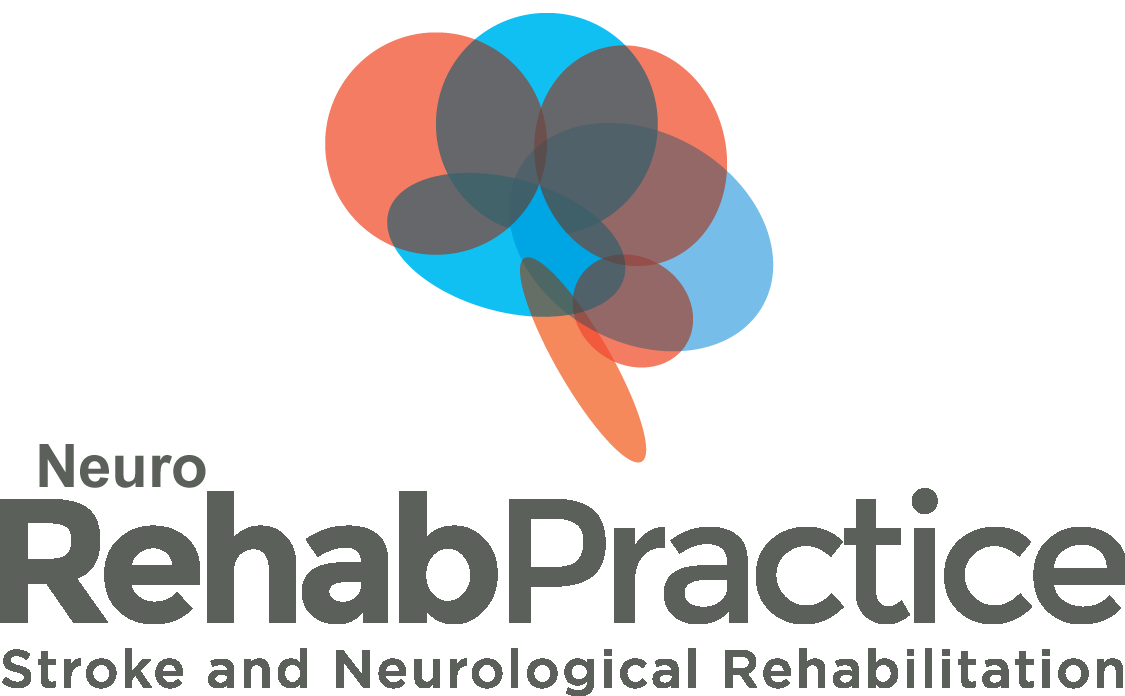The Rehab Practice Ltd Trading As:

Guillan-Barre Syndrome (GBS)
How GBS may affect you
Guillian-Barre Syndrome is a rare condition where a person’s immune system attacks part of their peripheral nervous system, resulting in generalised muscle weakness. There are several sub-categories of GBS including acute inflammatory demyelinating polyneuropathy (AIDP), acute motor axonal neuropathy (AMAN), acute motor sensory axonal neuropathy (AMSAN) and Miller Fisher syndrome. Depending on the type of GBS you have will depend on the speed and extent of your recovery. The onset of GBS symptoms occur quickly over hours to days, starting with peripheral weakness and progressing to the arms, trunk, cranial nerves, and sometimes the respiratory system. Damage to the peripheral nerves can result in generalised muscle weakness, altered reflexes, sensory disturbances, and dysautonomia. People with GBS usually reach the point of greatest weakness days or weeks after the first symptoms occur. Symptoms then tend to stabilize for a period of days, weeks, or sometimes months. The recovery period varies and may be as little as a few weeks, or as long as a few years. About 30 per cent of those with Guillain-Barré still have a residual weakness after 3 years. Once over the acute phase people with residual symptoms may have problems with walking, balance, and completing functional tasks writing, eating, dressing etc.
Your Assessment
Like other neurological conditions, people with GBS can present differently, which is why a thorough assessment is necessary to determine your impairments and functional difficulties. Baseline measures are established to monitor your progress during your rehabilitation. Specific Measurable Achievable Realists and Time-based (SMART) goals are set with help from your therapist as part of the assessment process.
Treatment Plan
After the initial assessment is complete, we look at a treatment plan that can best achieve your goals and optimise your progress. For client’s with GBS we target our treatment plan to look specifically at regaining a person’s independence with everyday tasks, regaining normal movement patterns (including walking), improving balance and posture, maintaining optimal respiratory function and maintaining optimal joint range and skin integrity. Assessment continues throughout your rehabilitation, to establish new baselines and new goals to achieve.
Treatment Sessions
With reference to the assessment and treatment plan, we tailor your sessions accordingly. Treatment may include, but it’s not limited to, hands-on therapy, gait and/or balance retraining, strength and endurance training, functional training for self-care tasks, activities of daily living, work and leisure activities. We may also look at whether you would benefit from other equipment or orthotics to assist in your recovery. In addition to this we will support you by referring you on to other appropriate services or therapies e.g. for further medical investigations, or linking you with local charities and support groups.
